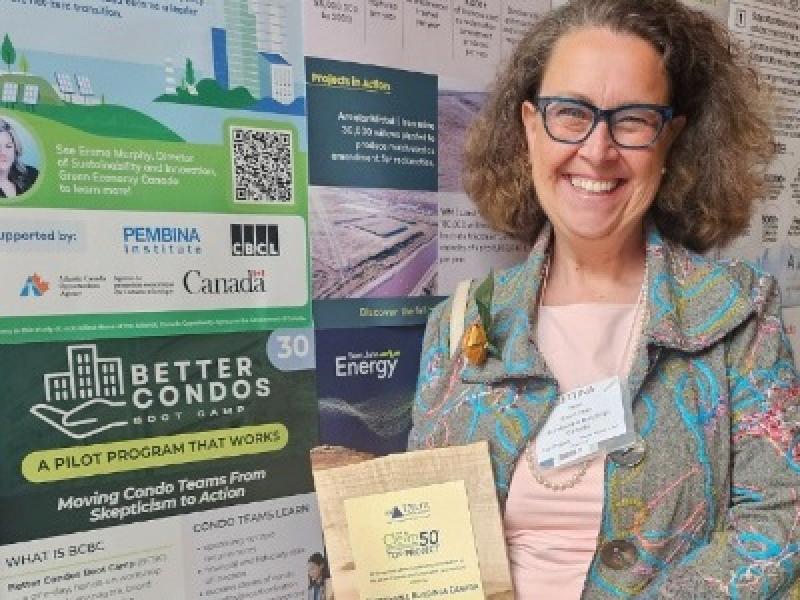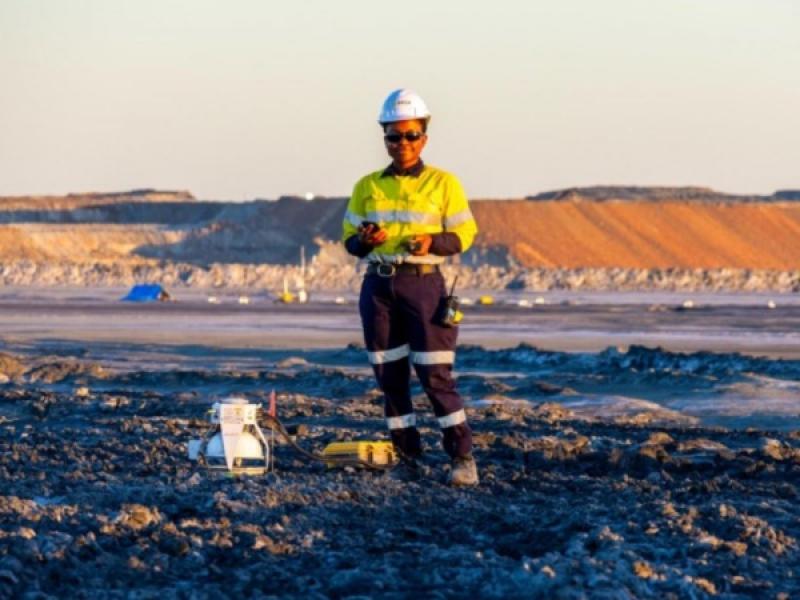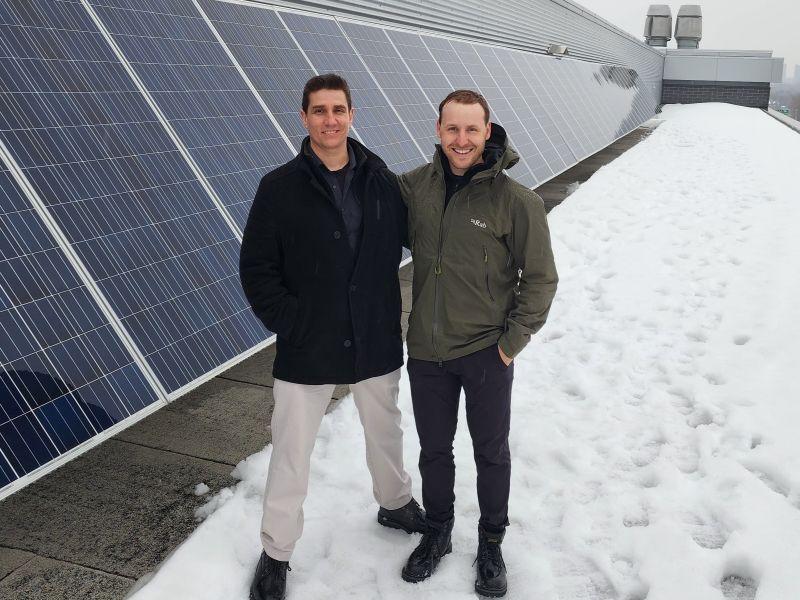
The Canadian government has announced two new green building programs totalling $235.5 million to support deep retrofits for commercial, institutional and mid- or high-rise multi-unit residential buildings, and up to six neighbourhoods across the country.
In a press release issued by Natural Resources Canada, the ministry unveiled the Deep Retrofit Accelerator Initiative (DRAI) and the Greener Neighbourhoods Pilot Program (GNPP).
The two initiatives fall under the government’s Green Buildings Strategy that addresses greenhouse gas emissions from Canada’s built environment. The goal is to reach net-zero by 2050 with an interim target of a 37 per cent reduction in greenhouse gas emissions by 2030 from a 2005 baseline.
The government states buildings and homes are the third-largest source of greenhouse gas emissions in Canada, accounting for approximately 13 per cent of the nation’s emissions.
It claims to have “dedicated” more than $10 billion toward home and building decarbonization and incentivizing energy-efficient retrofits since 2016.
About the Deep Retrofit Accelerator Initiative
DRAI is described as a $200-million program that will invest in projects that support the development of retrofits in commercial, institutional or mid- or high-rise multi-unit residential buildings.
Deep retrofits are a significant overhaul of a building’s systems that boosts its energy efficiency and reduces greenhouse gas emissions. The release states they can save at least 50 per cent in energy consumption, reduce greenhouse gas emissions by 80 to 100 per cent, and cut down utility costs and operating expenses.
Some examples of deep retrofits include replacing the heating system, incorporating a ground-source heat pump and adding or rearranging windows for increased daylight.
The DRAI will select projects that will: “establish and collect deep retrofit projects, guide building owners in the process of developing and implementing specific retrofit projects, identify available funding and financing for specific deep retrofit projects, and conduct capacity building activities, such as developing or implementing new, standardized or replicable methods for deep retrofits.”
Applications are open to organizations such as non-profits, private firms, civil society, municipalities, provinces and territories, and Indigenous organizations and groups. The window will remain open until April 28, 2023. Indigenous organizations will be allowed to apply on an ongoing basis until Mar. 31, 2025, or until funding is fully distributed.
About the Greener Neighbourhoods Pilot Program
The GNPP is a $35.5-million initiative to support up to six Canadian communities with integrated approaches to deep energy retrofits or a major building renovation project. Examples include upgrading building walls and insulation, or upgrading space heating equipment.
It is inspired by the 'Energiesprong' model, which “found savings in decarbonizing multiple buildings at once using prefabricated, panelized approaches.”
In July 2022, Energiesprong was utilized in the retrofit of of an Edmonton single-family home, the first of its kind in North America.
The first phase of GNPP will support regional market development teams prepare their communities for scalable deep energy retrofit plans.
Market development teams can coordinate supply-side and demand-side actors to broker aggregated deep energy retrofit projects, find solutions to regional gaps and barriers, and drive market transformation in their regions, the release states.
Proposals for market development teams will be open until April 5, 2023.
Proposals will be open to organizations such as non-profits, private firms, and Indigenous organizations and groups. A successful applicant can receive up to $1 million per project.
The call for proposals for the second phase is expected to launch in the summer of 2023. This phase will support demonstration projects in up to six communities with an eye for clusters of low-rise housing of at least 100 units.
The second phase proposals will explore “innovative and cost-effective pathways for more affordable and efficient building renovations.”
The Pembina Institute, a clean energy think tank, praised the announcement. Betsy Agar, buildings program manager at the Pembina Institute, said they are "significant steps toward the investment needed to ramp up deep retrofits and electrification in Canada."










